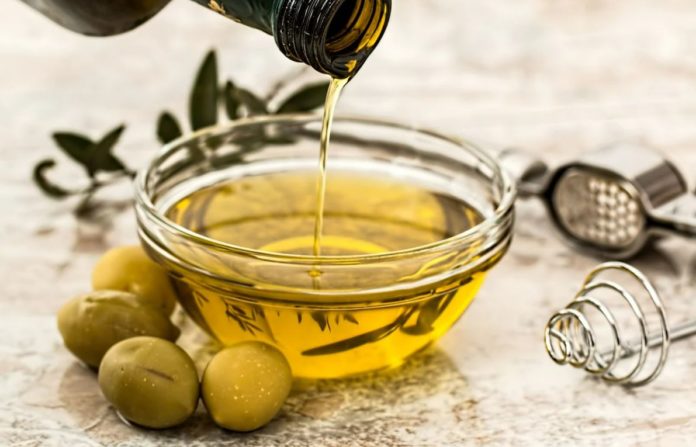A team of Israeli archaeologists has uncovered the world’s oldest remains of olive processing. Its antiquity, according to preliminary estimates, shows that the use of this food began about 6,600 years ago.
Two stone constructions and many pits filled with well-preserved olive remains were what researchers found at the bottom of the sea near the coast in Hishulei Carmel, in Israel.
- Brief Anger Hampers Blood Vessel Function Leading to Increased Risk of Heart Disease and Stroke – New Study
- New Blood Test Pinpoints Future Stroke Risk – Study Identifies Inflammatory Molecules as Key Biomarker
- Enceladus: A Potential Haven for Extraterrestrial Life in its Hidden Ocean Depths
- New Experiment: Dark Matter Is Not As ‘DARK’ As All We Think
- Scientists in Fear of This New Predator From Red Sea Eating Native Species in Mediterranean
The remains found were subjected to scientific analysis, which have shown that this food was processed industrially for later consumption. According to The Jerusalem Post, this would be the first direct archaeological proof of the existence of such a processing factory at that time.
“I showed that most of the pits are whole, and those that aren’t were broken along the pits’ crease … their natural breaking point. The remains left from crushing olives for oil, however, consist of a of puree of olive pits”
Dr Daphna Langgut, co-author of the study, described.
Scientists believe that at the site of the find, thousands of years ago there was a small settlement, that is now 150 meters into the sea.
In addition, they have observed that in this factory, where olive oil was made, the bones of the olives were placed under a powerful press to make the oil. While another both olives were processed only for consumption.
“A concentration like this of thousands of whole pits that aren’t crushed attests to the fact that these olives were being prepared. In order to eliminate their bitterness you need to cure them, as we do to this day in salt water or coarse salt. In fact, the proximity of these pits to the sea teaches us that they probably used salt from the sea, or the seawater itself to cure the olive”
Langgut concluded.
- Brief Anger Hampers Blood Vessel Function Leading to Increased Risk of Heart Disease and Stroke – New Study
- New Blood Test Pinpoints Future Stroke Risk – Study Identifies Inflammatory Molecules as Key Biomarker
- Enceladus: A Potential Haven for Extraterrestrial Life in its Hidden Ocean Depths
- New Experiment: Dark Matter Is Not As ‘DARK’ As All We Think
- Scientists in Fear of This New Predator From Red Sea Eating Native Species in Mediterranean
In other words, civilizations about 6,600 years ago of this place were already able to process olives to make them edible and use them in their diet.
